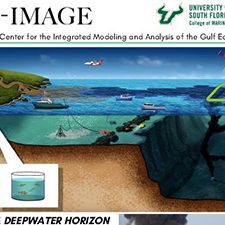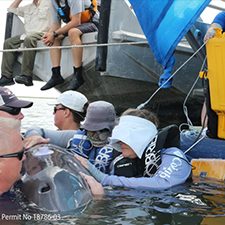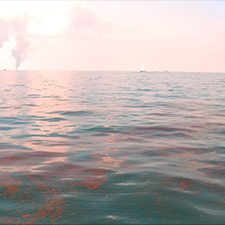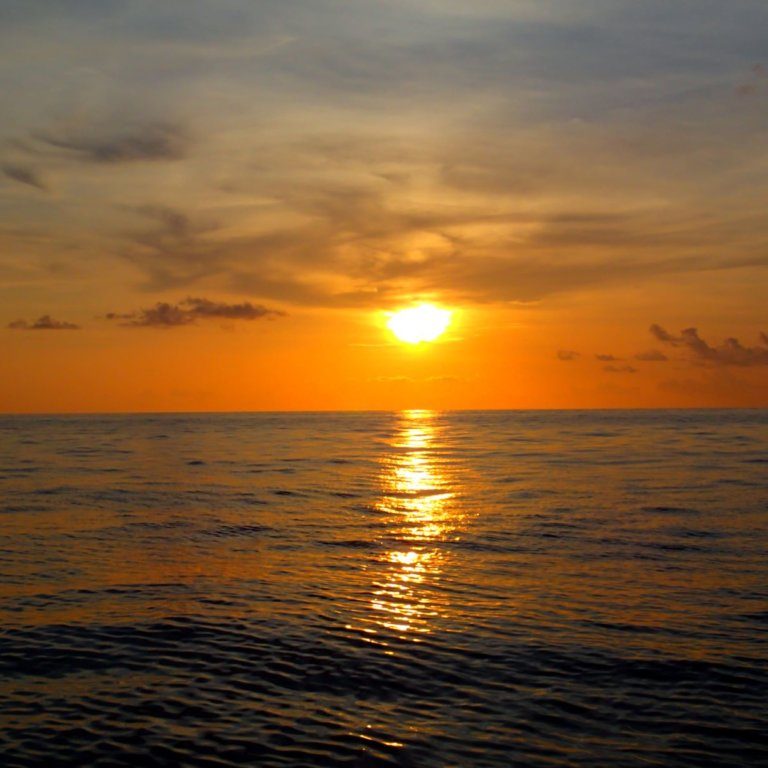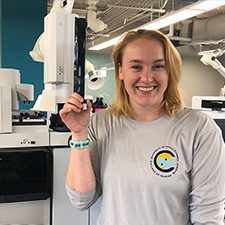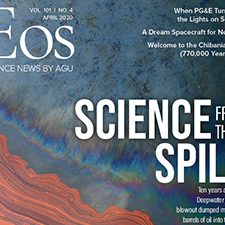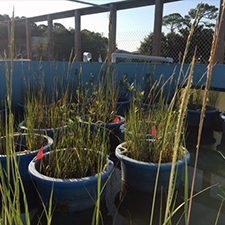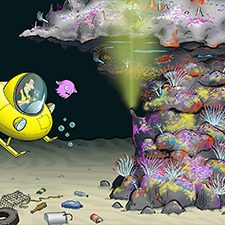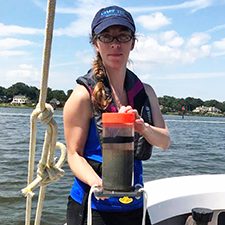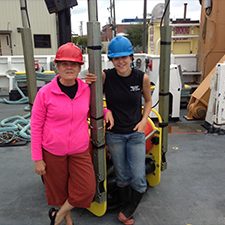Oil Spill Research Consortium Publishes Summary Highlights of Their Findings
In recognition of the Deepwater Horizon 10th anniversary, researchers with the Center for the Integrated Modeling and Analysis of Gulf Ecosystems (C-IMAGE) led by the University of South Florida developed a booklet that features highlights of studies funded by the Gulf of Mexico Research Initiative (GoMRI).

